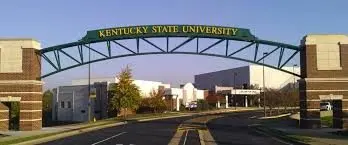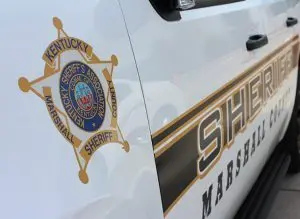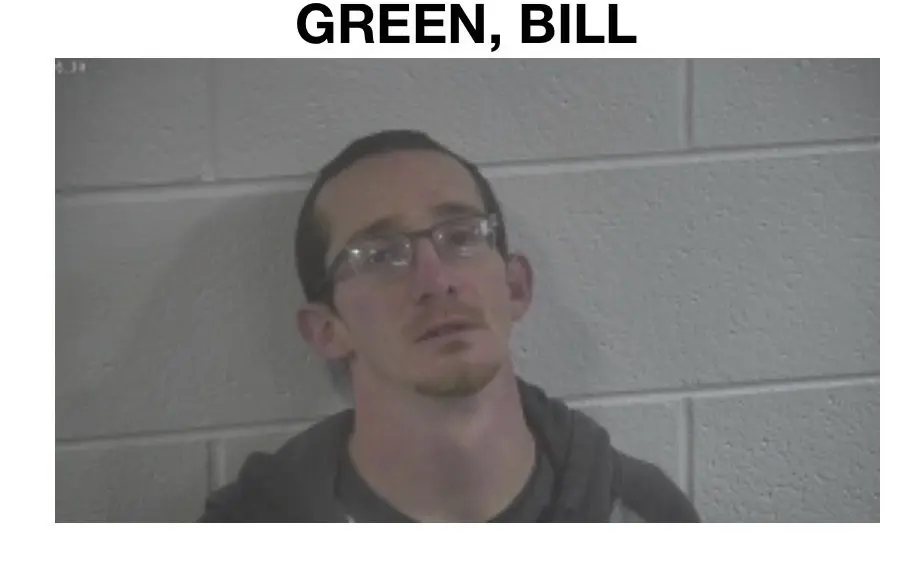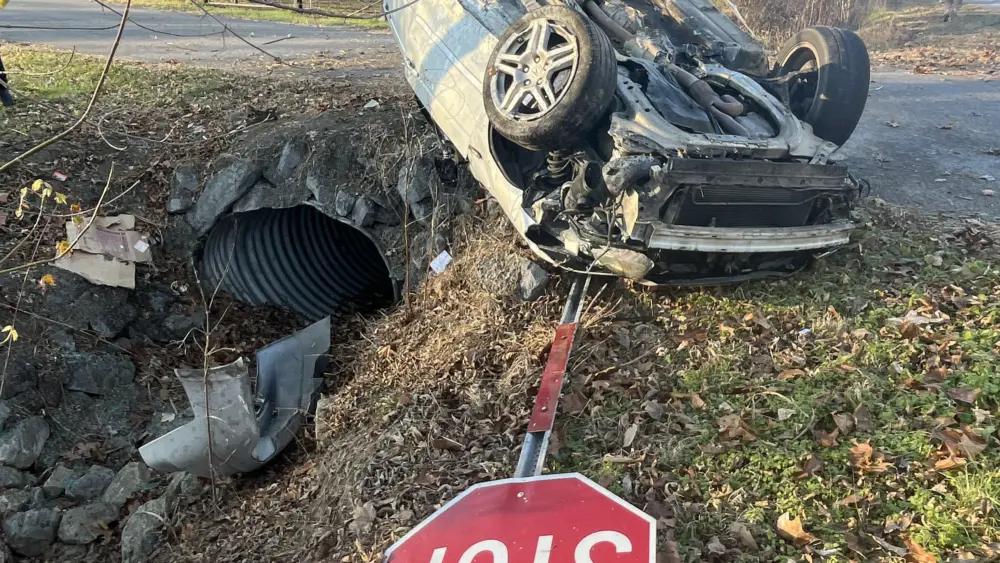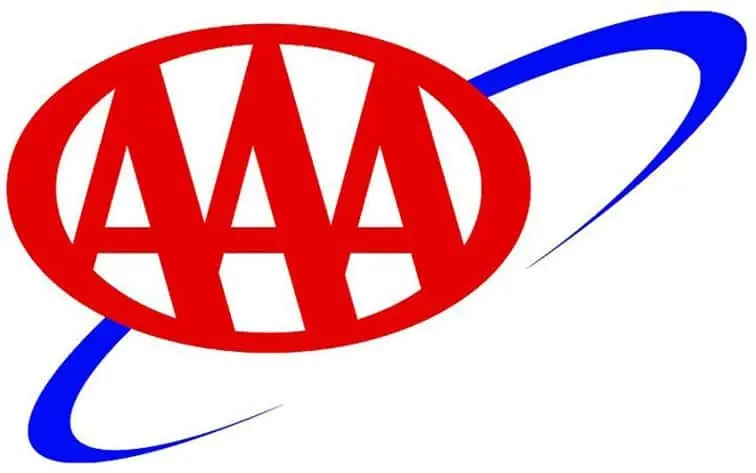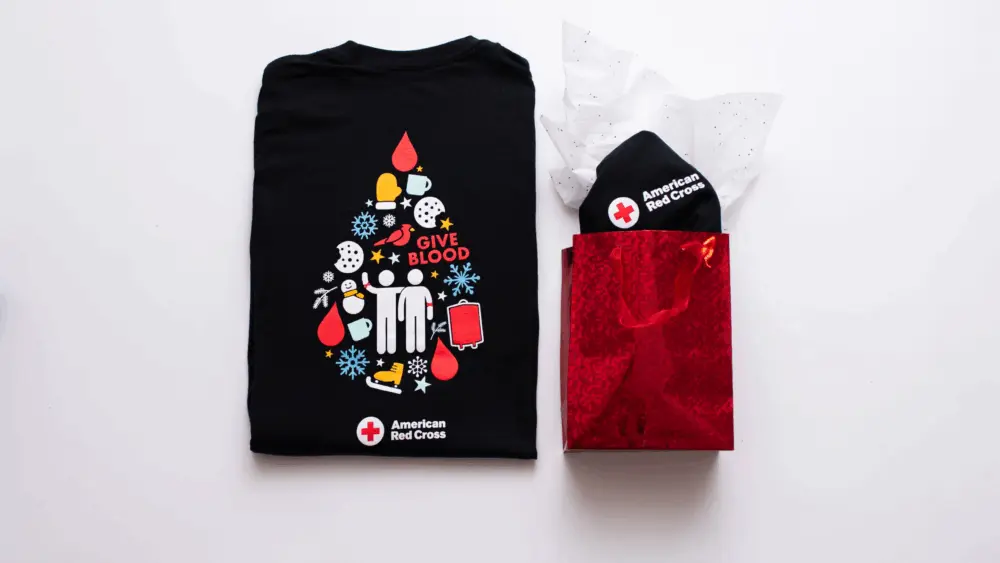Remembering the Somber Thanksgiving of 1963
Written by Justin D. Lamb
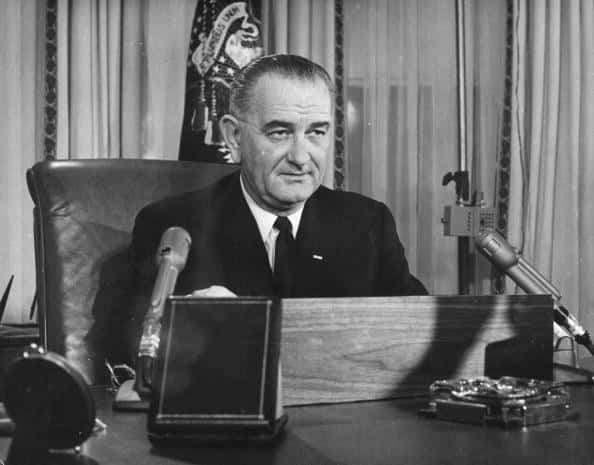
President Lyndon Johnson gives a Thanksgiving address to a grieving nation.
(Courtesy of National Archives)
“Tonight, on this Thanksgiving, I come before you to ask your help, to ask your strength, to ask your prayers that God may guard this Republic and guide my every labor,” President Lyndon Johnson said as he spoke to a grief stricken nation just six days into his presidency following the assassination of President John F. Kennedy on Friday, November 22, 1963 in Dallas.
Days after the slaying of President Kennedy brought the country to a virtual standstill as a nation mourned. Businesses closed, government offices shut down, and schools let out to mourn the passing of the leader of the free world. The Marshall Courier in Benton reported days following the assassination, “The town of Benton is deserted and quiet throughout the long period of mourning.” With the Thanksgiving holiday approaching, many found it hard to celebrate, but all found something extra to be thankful for.
“All of us have lived through seven days that none of us will ever forget,” Johnson said in his Thanksgiving address on the evening of Thursday, November 28. “We are not given the divine wisdom to answer why this has been, but we are given the human duty of determining what is to be, what is to be for America, for the world, for the cause we lead, for all the hopes that live in our hearts…. A great leader is dead; a great nation must move on. Yesterday is not ours to recover, but tomorrow is ours to win or to lose.”
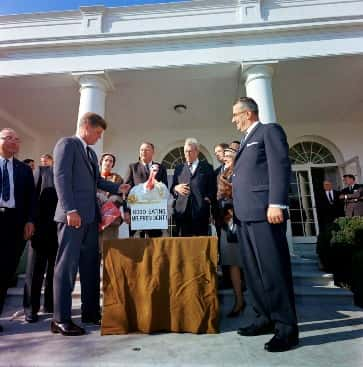
Just a three days prior to his trip to Texas, President Kennedy had ceremonially pardoned a turkey for Thanksgiving in the Rose Garden and many of his aides later commented that the President was looking forward to the upcoming Thanksgiving holiday. (Courtesy of National Archives)
During that somber week following the death of the president, Richard H. Lewis, who would later become a distinguished attorney and state representative for Marshall and Lyon Counties, penned a letter to his then infant daughter Beth in an effort to put into words what America had lost on that fateful November day in Dallas:
“Beth, the president died today at the hands of the misguided. He was young, strong, athletic, handsome, and a strong politician and president. He had a lovely wife and two small children. The entire family had caught the imagination of the country, and he stood as a symbol of what all Americans would like to be. In short, he was a symbol of democracy—the grandson of a penniless Irish immigrant who rose to the highest office in the land and was able to deliver when he got there.
He was said to be very liberal. In my opinion, this is a short way of saying that he was farsighted. He and his brother, Attorney General Robert Kennedy, conducted a strenuous campaign for civil rights for which he incensed the wrath of many. He sought to provide medical care for the aged. This was defeated, but the innovation was his, and history will see it come to pass. In the field of education, he sought unavailingly to provide Federal aid to education in order that a gap could be filled which the states were unable to cope with. Here, in Kentucky, his plans for aiding the depressed areas in the eastern part of the state have just begun. Highway I-75 and others were built during his administration.
The president’s recent trip to Europe was a huge success in terms of popular reception. This speaks even more strongly for the image he set both here at home and abroad. The judgment on his foreign policy as well as his domestic plans must await the events of the future. He has at this point kept us from mass destruction in an atomic age, and that speaks for itself.
I think in the final analysis he awakened all Americans to the fact that isolation and inaction and survival are incompatible. He showed us that we must adjust our thinking in order that we can deal successfully with a population such as our forefathers never envisioned. His entry in your history books may be brief and made in passing, but as one who lived in his time, I can testify that his contribution was not insignificant.”
As President Johnson concluded his Thanksgiving address, he challenged Americans to look to God and for brighter days ahead: “On this Thanksgiving Day, as we gather in the warmth of our families, in the mutual love and respect which we have for one another, and as we bow our heads in submission to divine providence. Let us today renew our dedication to the ideals that are American….And, finally, to you as your President, I ask that you remember your country and remember me each day in your prayers, and I pledge to you the best within me to work for a new American greatness, a new day when peace is more secure, when justice is more universal, when freedom is more strong in every home of all mankind.”

